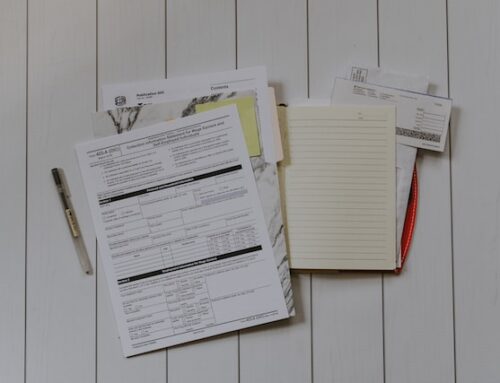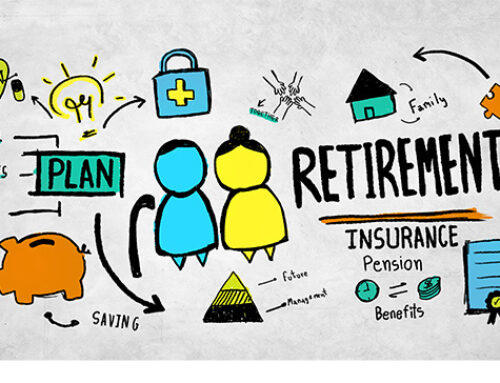In every era, one event turns many things and affects the world around you. The 9/11 attacks, the Fall of Lehman Brothers, the internet bubble, the invention of crude oil, the development of computers, and much more. Today while I am writing this, COVID 19, or Corona, is one big challenge in front of the world. Some people even started calling it World War. Nearly all countries are locked down because it is a fast Communicable disease. Industrial activities are affected, and many workers like is affected. Economic activity is low. Capital markets sense this, and all over the world, indices tumble. From 25% to 50%, many stocks reached 80%. Airlines, entertainment businesses, and Hotels primarily run on discretionary expenditure are entirely down, and so does it affect their employees.
The risk in the atmosphere is so significant that many countries are doing their part. Russia has earmarked nearly $18 billion to fight the spread of the coronavirus and its economic fallout, its prime minister said on Wednesday, pledging additional measures to steer through the crisis that has put the economy on the brink of recession.
France has proposed a shared coronavirus rescue fund for the eurozone as officials rush to shut down a growing rift that threatens to tear the bloc apart. The country’s finance minister Bruno Le Maire called for a time-limited fund to allow the region to issue shared Debt to tackle economic fallout as Brussels heads for a showdown over so-called “coronabonds.”
Recently I wrote one blog post about the corona Corona aftershocks: Is a recession imminent? While noting that, I realized that the recession which will come after that would not be a small one. Many Articles, which I read, foreign and domestic, were written by CNBC as well as Economic times. Everyone agreed that Emerging markets don’t have a great defensive system for recession. Forget Emerging markets; the U.S. itself is looking in bad shape. It may be one of the longest or biggest. I remembered reading about the great impression on the U.S. I saw the Global Financial Crisis. 1976 was one big crisis, and then in India, We saw a balance of payment crisis. After reading it all. I agree with Warren Buffett that we learn from history and don’t learn from history. But the question remains the same? How to handle it on a personal level. One thing is sure everything will be changed after this. Mostly about healthcare and the Pharmaceutical business.
I will write what I found in my five years of blogging. I am not a financial advisor. I am just a regular MBA student. Talk with your financial advisor.
- If you don’t have a financial advisor, search for one. It helps. I wrote many posts about financial advisors, so I know their importance, not only in the financial decision but also in a decision like getting married. So it is clear that Corona will be a significant change all over the world, and we need to take some new measures.
- Search health insurance. The right product which can cover such a pandemic is significant. All the health insurance policies cover Corona but are only paid if you get hospitalized for more than one day.
- Make an emergency fund. When the economy starts to dip, our jobs and our income can be put in jeopardy, so saving an emergency fund is crucial. I wrote about it many times, and I am writing it here again. Take all your expenses for six months. Reduce the expenditure on unnecessary things like Luxury and leisure goods and tourism. This number is what you need. Keep that in a place where you can easily withdraw the amount. If you think the bank is not the right place, think about others. Don’t use Debt or credit cards as emergency funds. In some countries, surrendering insurance policies give a good amount. So if you have additional policies, abandon them. Some financial advisors may tell you to use a credit card. Ignore them. There is a possibility that you can’t save anything in a recession. And so it will be difficult for you to repay this extra EMI.
- IF YOU HAVE ANY DEBT, REPAY IT OFF. Fast. We can’t say how the economy will go in times of recession, so it is not right to keep Debt in your name. Using borrowed funds like personal loans, credit cards, or other measures as a safety net is a mistake that often haunts people for years. Most people fail to see that they will need a more significant income than they currently have to repay the money (plus interest) they borrowed during the rough patch. It is always a burden to keep debt, especially in a recession. There are some debts like Housing loans and other mortgage-based lendings, but not all of them are good. Tough times always last longer than you think, so debts from these times are always more outstanding than anticipated. During a recession, it can be challenging to cover day-to-day expenses – let alone debt repayments – and this can cause your debt to capital out of control. Carrying high levels of Debt is risky because a slight change in external factors could affect your ability to pay your Debt. Although you may be able to manage payments now, a job loss or an interest rate hike combined with banks tightening credit limits could change that for the worse.
- Diversify your income: Search for another source of income that may give you security for some time. Don’t put all your eggs in one basket,” and this adage could be applied to your source of income. Relying solely on a particular job for all your income has inherent risk. If the economy tanks and you lose your job, you’ll also lose your only income and ability to meet all your financial obligations. The ways to do that could be many. I can’t tell you this. But again, I can say to you to talk to your financial advisor.
- Diversify your investment. In India, marketing about Equity is so high that many people just filed to understand the difference between SIP and mutual funds. There are various categories of mutual funds. A systematic Investment Plan or SIP is one way to invest in it. If you are falling in love with Equity, please read one of the old posts. Is the formula 100 – age-outdated now? It was written in a different situation, but I thought it was applicable even now.
- Keep taking care of your necessities like medical bills. One of the leading causes of bankruptcy in the U.S. is medical bills. I don’t know about India, but we don’t have any law or system for personal bankruptcy. A car accident cannot only result in significant auto repair bills but also may result in injuries that prevent you from working for some time.
- If your age permits, then don’t take a cut from investments. Learn about tactical and strategic asset allocation. Not many peoples understood it. Keep one investment policy statement. Thus may look not necessary work but needed.




